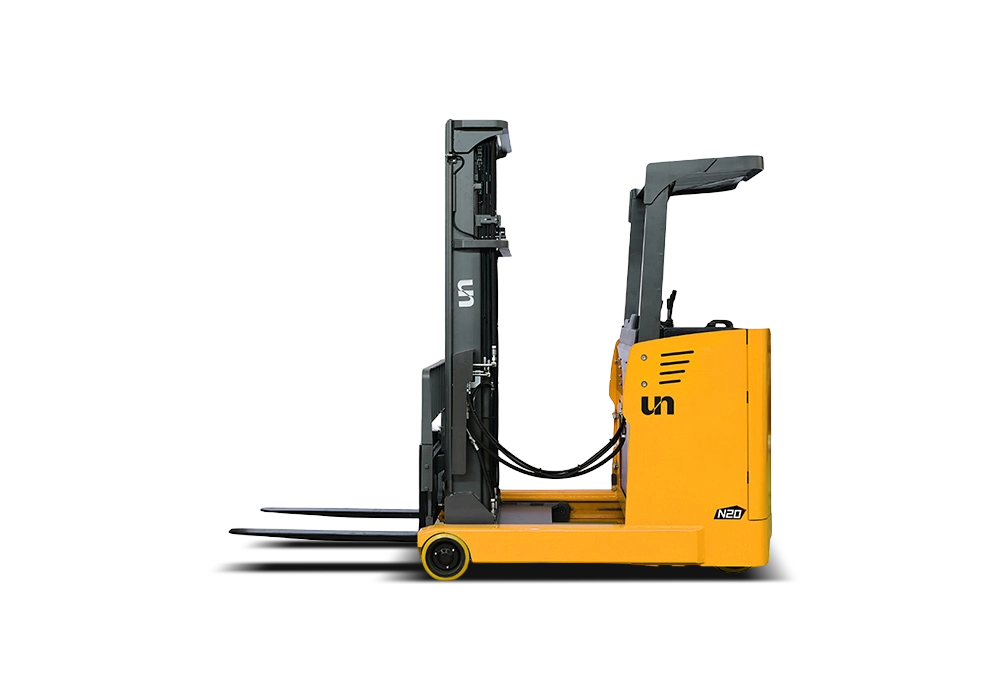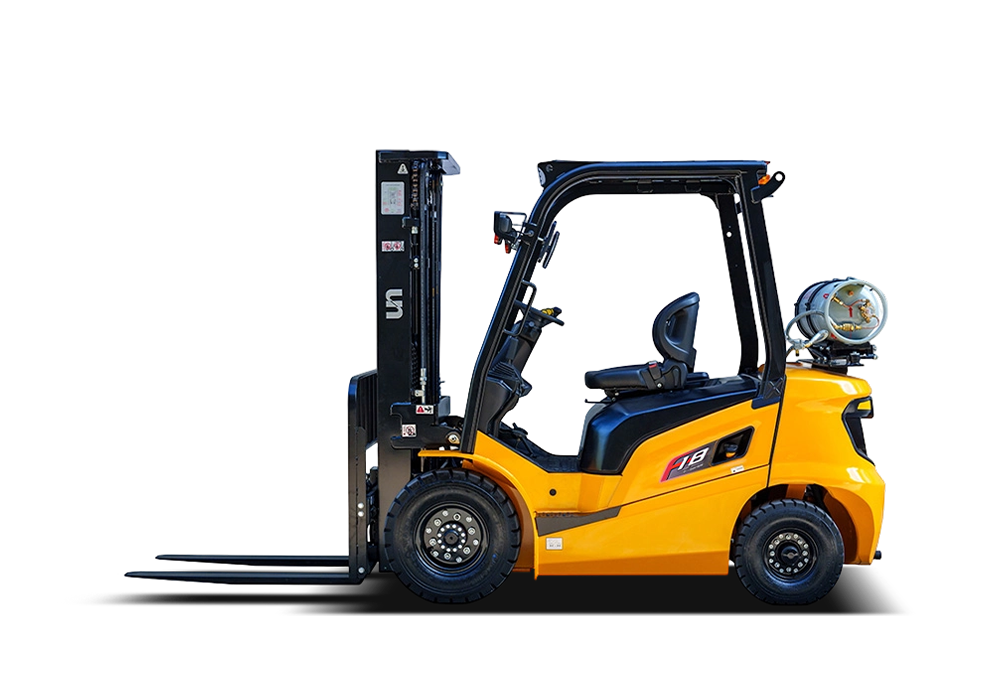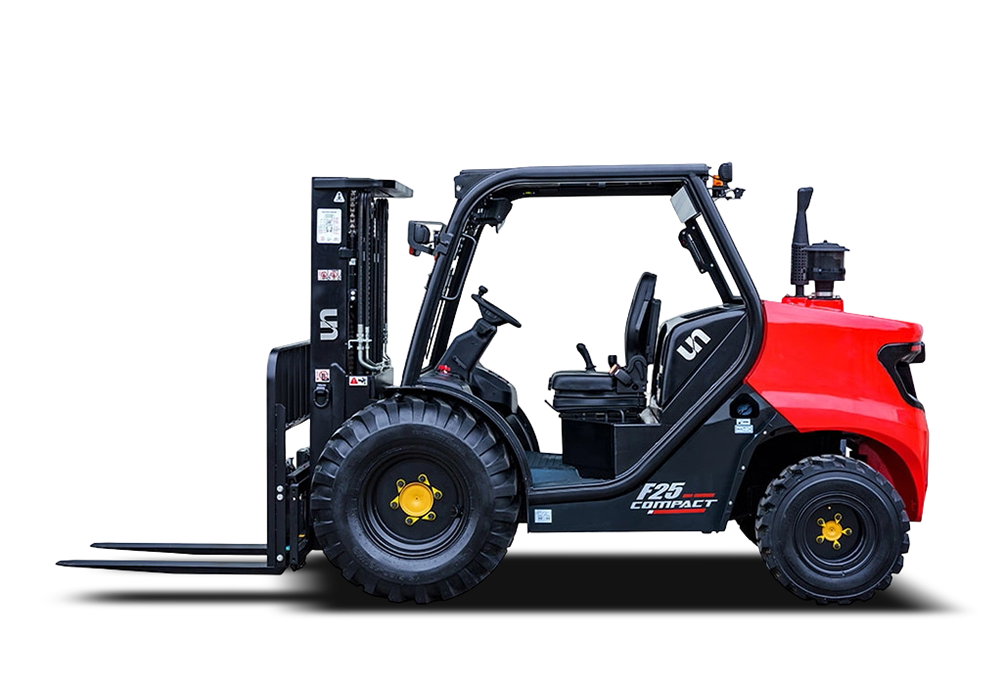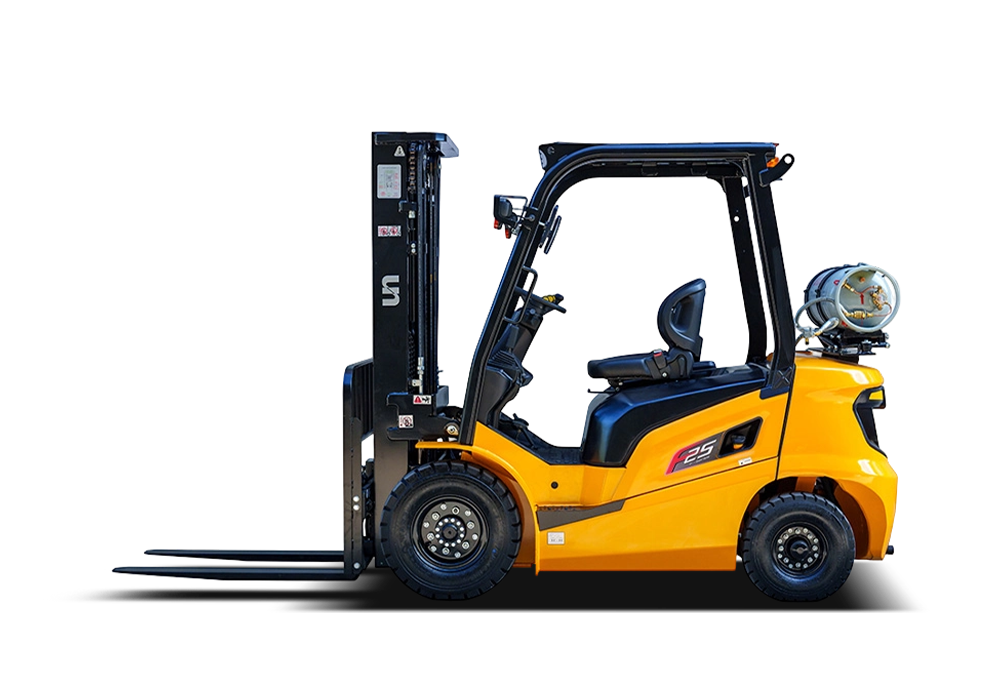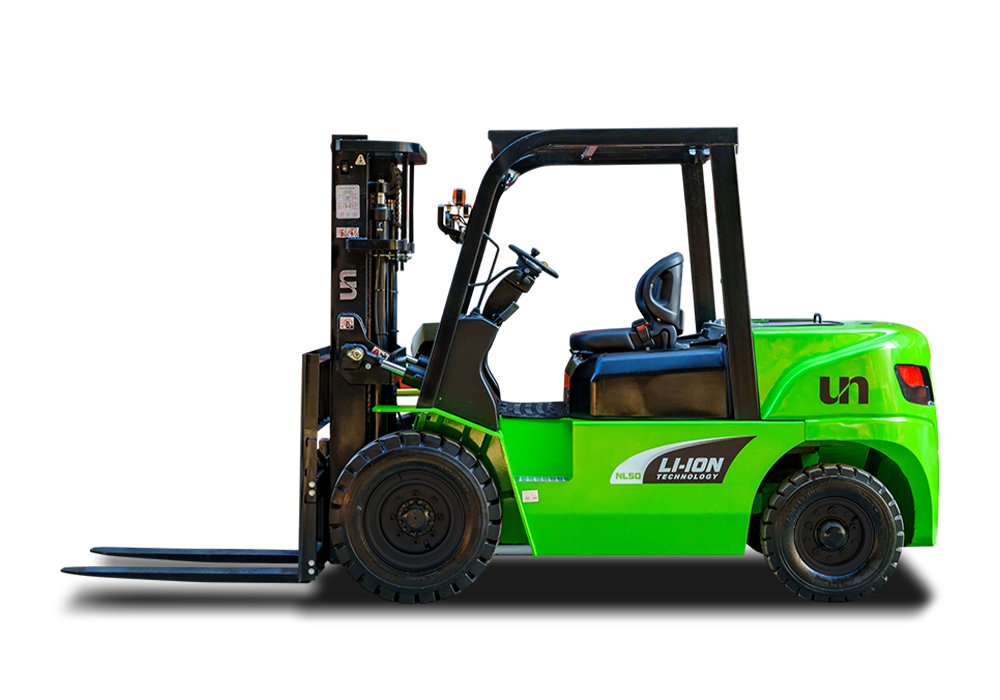How do advancements in electric motor technology impact the performance and efficiency of electric forklifts?
Admin 2024-04-23
Advancements in electric motor technology have a significant impact on the performance, efficiency, and overall capabilities of electric forklifts. Here's how these advancements influence electric forklifts:
Improved Power and Torque: Modern electric forklifts benefit from advancements in motor design and engineering, resulting in motors that deliver higher power and torque outputs compared to older models. This improved performance allows electric forklifts to handle heavier loads, navigate inclines and rough terrain more effectively, and accelerate more quickly, enhancing overall productivity and operational efficiency.
High-Efficiency Motors: Advancements in motor efficiency have led to the development of high-efficiency electric motors that convert electrical energy into mechanical power with minimal energy loss. These motors utilize advanced winding techniques, magnet materials, and motor control algorithms to maximize energy conversion efficiency, resulting in reduced energy consumption and longer battery life for electric forklifts.
Regenerative Braking Systems: Many modern electric forklifts are equipped with regenerative braking systems that capture and store energy during braking and deceleration. Advanced motor controllers and braking algorithms enable electric forklifts to convert kinetic energy into electrical energy, which is then fed back into the battery pack for recharging. This regenerative braking technology improves overall energy efficiency and extends the operating range of electric forklifts between battery charges.
Variable Frequency Drive (VFD) Technology: Electric forklifts equipped with variable frequency drives (VFDs) benefit from precise motor speed control and optimized energy management. VFDs allow the motor's speed and torque output to be adjusted dynamically based on load demands, operating conditions, and operator inputs. This enables electric forklifts to operate more efficiently, reduce energy consumption, and prolong battery life by matching power output to actual requirements.
Integration with Telematics and IoT: Advanced electric forklifts may feature integrated telematics and Internet of Things (IoT) capabilities that enable remote monitoring, diagnostics, and performance optimization. Motor performance data, including operating temperatures, load levels, and energy consumption, can be transmitted wirelessly to a central management system for analysis and optimization. This real-time monitoring and data analytics help identify potential issues, optimize maintenance schedules, and improve overall fleet efficiency.
Overall, advancements in electric motor technology contribute to enhanced performance, efficiency, and reliability of electric forklifts, making them more competitive alternatives to traditional internal combustion forklifts. These technological innovations enable electric forklifts to deliver higher productivity, lower operating costs, and reduced environmental impact, driving their adoption across various industries and applications.
For exclusive deals and latest offers, sign up by entering your email address below.




